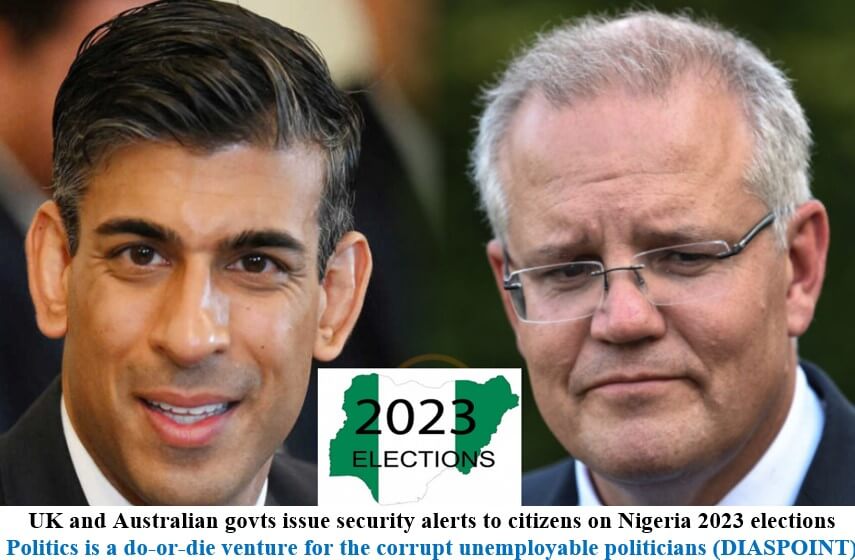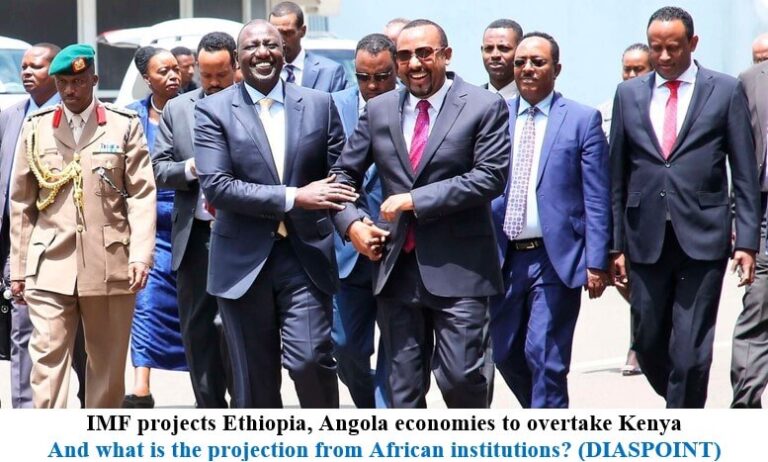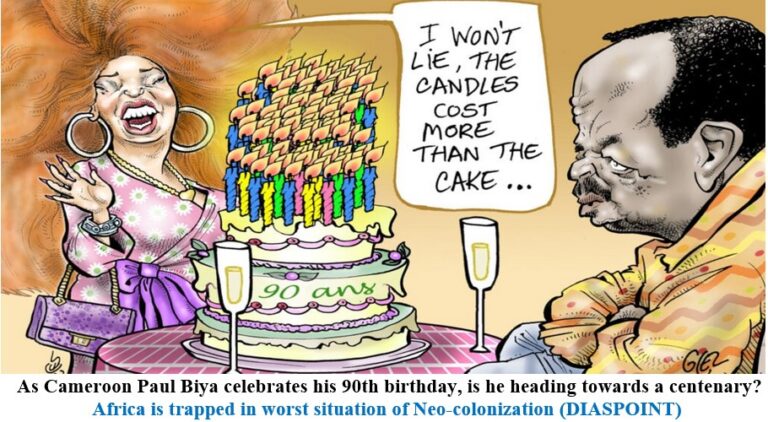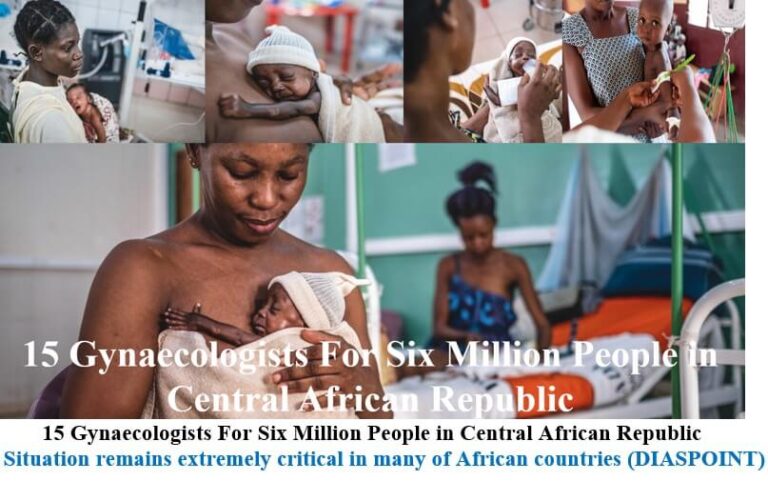UK and Australian govts issue security alerts to citizens on Nigeria 2023 elections
As EU lists threats
With less than 37 days to the general election, the UK and Australian governments have issued new security warnings to citizens planning to travel to or already present in Nigeria.
In October last year, countries such as the United States, United Kingdom, Canada, Germany, and Bulgaria issued terror alerts.
The foreign embassies, while warning their citizens in Nigeria, noted that suspected terrorists would target government structures, houses of worship, schools, marketplaces, retail centres, hotels, bars, restaurants, sporting events, transportation hubs, police stations, and international organisations.
The Federal Government had dismissed the security advisories, describing them as false and assured Nigerians to go about their lawful business as the country was safe and secure.
In updated travel advisories on January 19, the Australian government informed its citizens that the risk of electoral violence is high, urging them to reconsider their travels to those intending to visit.
A statement by the Australian government partly read “Nigeria is scheduled to hold national and state elections between February 25 and March 11.
The risk of election-related violence is high. You should avoid all political gatherings and election-related sites in the lead-up to, during and after this period.
“Offices of the Independent National Electoral Commission across the country have already been targeted and should be avoided. Politically motivated murders and kidnappings have occurred, and the threat of further incidents remains high.”
For those intending to visit, the foreign government urged them to “Reconsider your need to travel. We have reviewed our travel advice for Nigeria and now advise reconsider your need to travel to Abuja.
Corroborating the Australian and UK governments also warned that protests might break out during the election.
The UK government said, “Nationwide elections will take place in Nigeria in February 2023, and there is a heightened risk of protests during this period.
“Political rallies, protests and violent demonstrations can occur with little notice throughout the country. International news events can sometimes trigger anti-Western demonstrations.”
Also, The European Union on Thursday raised concerns about the security challenge in Nigeria, warning that if not urgently addressed, it might significantly constitute a threat to the forthcoming general election.
The organisation also expressed concern about the workability of the Bimodal Voter Accreditation System in all parts of the country, especially in the rural areas
The Team Leader, EU Support to Democratic Governance in Nigeria phase two programme, Rudolf Elbling, expressed the fears during a seminar it organised in Abuja to assess various security threats that could impact the conduct and credibility of the elections, funded by the EU with support from DAI.
According to him, elections have the potential to create unrest and instability for a country like Nigeria, warning that such unrest would not only be dangerous for Nigeria but for the whole of West Africa.
“For a country like Nigeria, election always has the potential of creating unrest and instability for a country the size of Nigeria, and that is a very dangerous thing not only for Nigeria and Nigerians but for the whole region. So the insecurity issue for the last one or two years is of concern for everybody. It’s a concern for every Nigerian because life has changed. You cannot move around as you could, so there is a huge potential for this to impact on the elections”, Elbling stated.
Speaking on EU’s fears concerning the elections, Elbling described innovations introduced by the Independent National Electoral Commission to the electoral process as “quite substantial”
He, however, said that insecurity, which he described as the “basic problem”, might prevent INEC from conducting elections in all parts of the country.
Elbling said, “This would create a lot of legal implications on the entire process that might disrupt the process. There is a lot of potential legal implications which subsequently would have a lot of political implication and which would have a lot of potential to disrupt the poll but of course, you know, logistics is also and always an issue.







